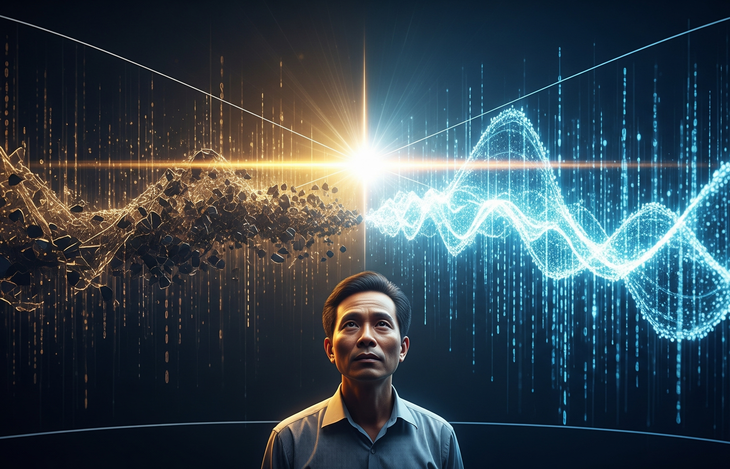
Is information from AI always correct?
In a world where information is mixed, relying solely on AI to tell the truth is a gamble.
AI does not know right from wrong, it only reflects data.
According to Tuoi Tre Online , artificial intelligence is trained from a huge amount of data collected from the Internet, where there is both orthodox knowledge and conspiracy theories. AI does not distinguish between truth and falsehood, it only records language patterns and responds based on what it learns. If the training information contains errors or biases, AI will also reflect that in the answer.
In addition to the original data, what the user provides in the question also directly affects the accuracy. A wrong but well-presented question will be easier to make the AI "believe it is true" and generate false answers accordingly.
In particular, if the user requests feedback that affirms something that is not true, the AI can "comply" with it because its goal is to generate a semantic response, not to verify the truth.
This is also why AI can “speak fluently but be patently wrong.” It doesn’t judge right from wrong like humans, but only predicts the most likely next word. This leads to a phenomenon researchers call hallucination, when AI creates fake information that sounds plausible. A name, an event, even a scientific study can be “made up” if the AI can’t find the right data.
When is AI “right” in a sea of misinformation?
While AI is not capable of self-recognition, it can still generate accurate responses under certain conditions.
When the question asks to refute or verify false information, the model will tend to find the absurdity and refute it.
For example, if a user makes the argument “The Earth is flat so there can’t be satellites orbiting it,” and asks for analysis, the AI will counter it based on the science of gravity and orbits.
AI’s ability to “get it right” also increases if it is integrated with verification tools, such as real-time access to new data, searching through trusted sources, or using APIs from authoritative knowledge repositories. Then, AI can not only rely on pre-trained knowledge but can also update and compare it with reality.
However, the prerequisite is still the way the user poses the problem . If the topic is wrong from the beginning and the AI is asked to write in an affirmative way, the model will tend to follow, especially if it is not asked to argue. In that case, the AI can come up with completely wrong content but the language is still fluent and easy to make the reader believe.
The smarter AI gets, the more alert users need to be
Artificial intelligence does not replace humans in verifying the truth. While it can generate compelling and reasonable content, AI does not have the conscience and ethics to determine right from wrong.Users should view AI as a conditional aid, not a source of absolute truth. The more accurate the input knowledge, the more reliable the AI's response.
Source: https://tuoitre.vn/ngay-cang-nhieu-thong-tin-sai-co-nen-tim-kiem-hoi-ai-20250626101350386.htm


![[Photo] Students of Binh Minh Primary School enjoy the full moon festival, receiving the joys of childhood](https://vphoto.vietnam.vn/thumb/1200x675/vietnam/resource/IMAGE/2025/10/3/8cf8abef22fe4471be400a818912cb85)




![[Photo] Prime Minister Pham Minh Chinh chairs meeting to deploy overcoming consequences of storm No. 10](https://vphoto.vietnam.vn/thumb/1200x675/vietnam/resource/IMAGE/2025/10/3/544f420dcc844463898fcbef46247d16)




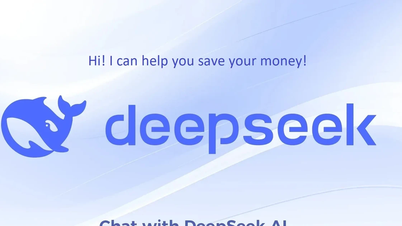

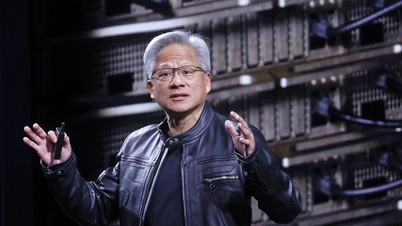
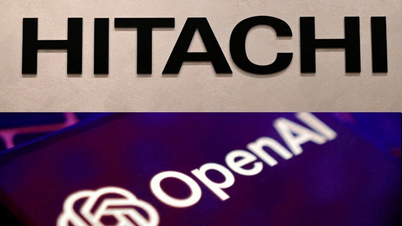

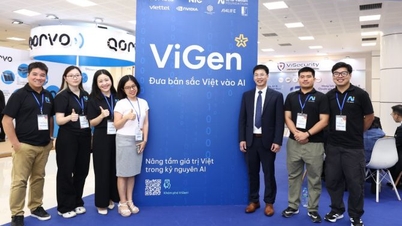

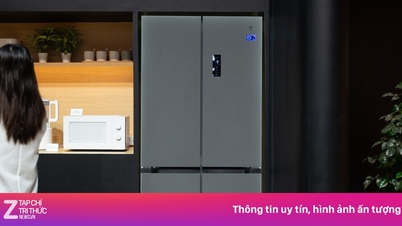



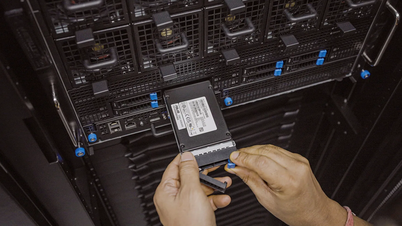


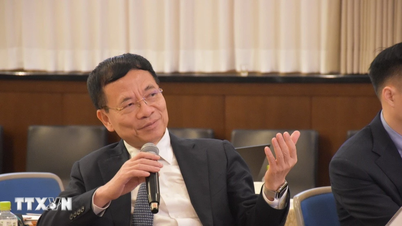


















































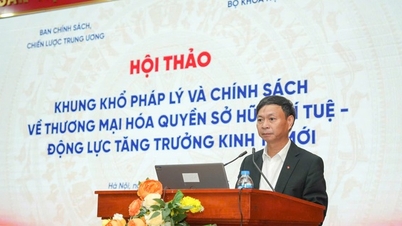

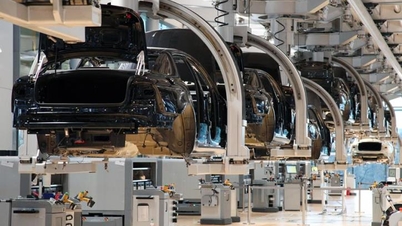


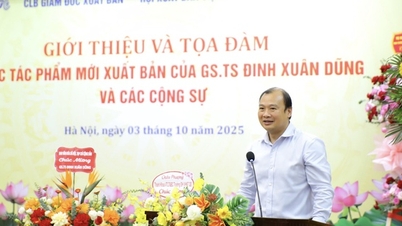



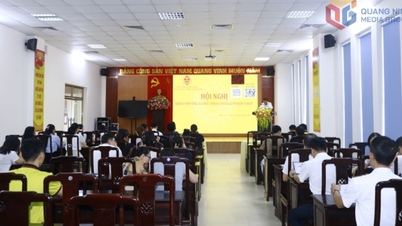



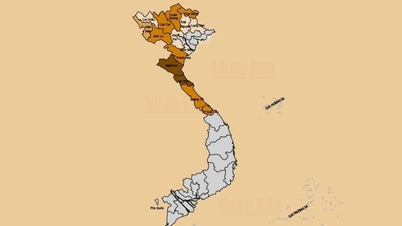














Comment (0)